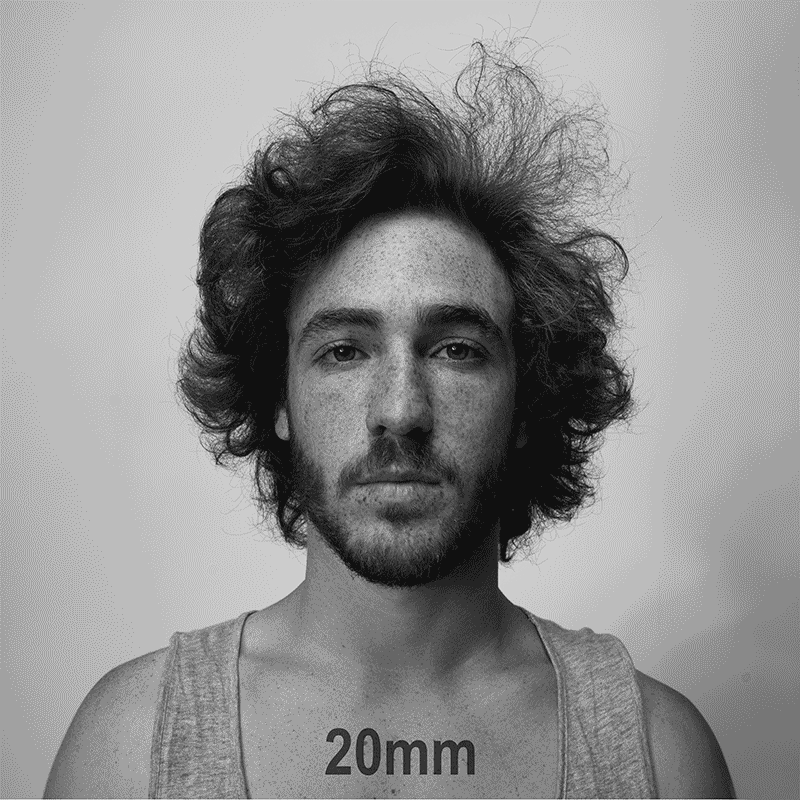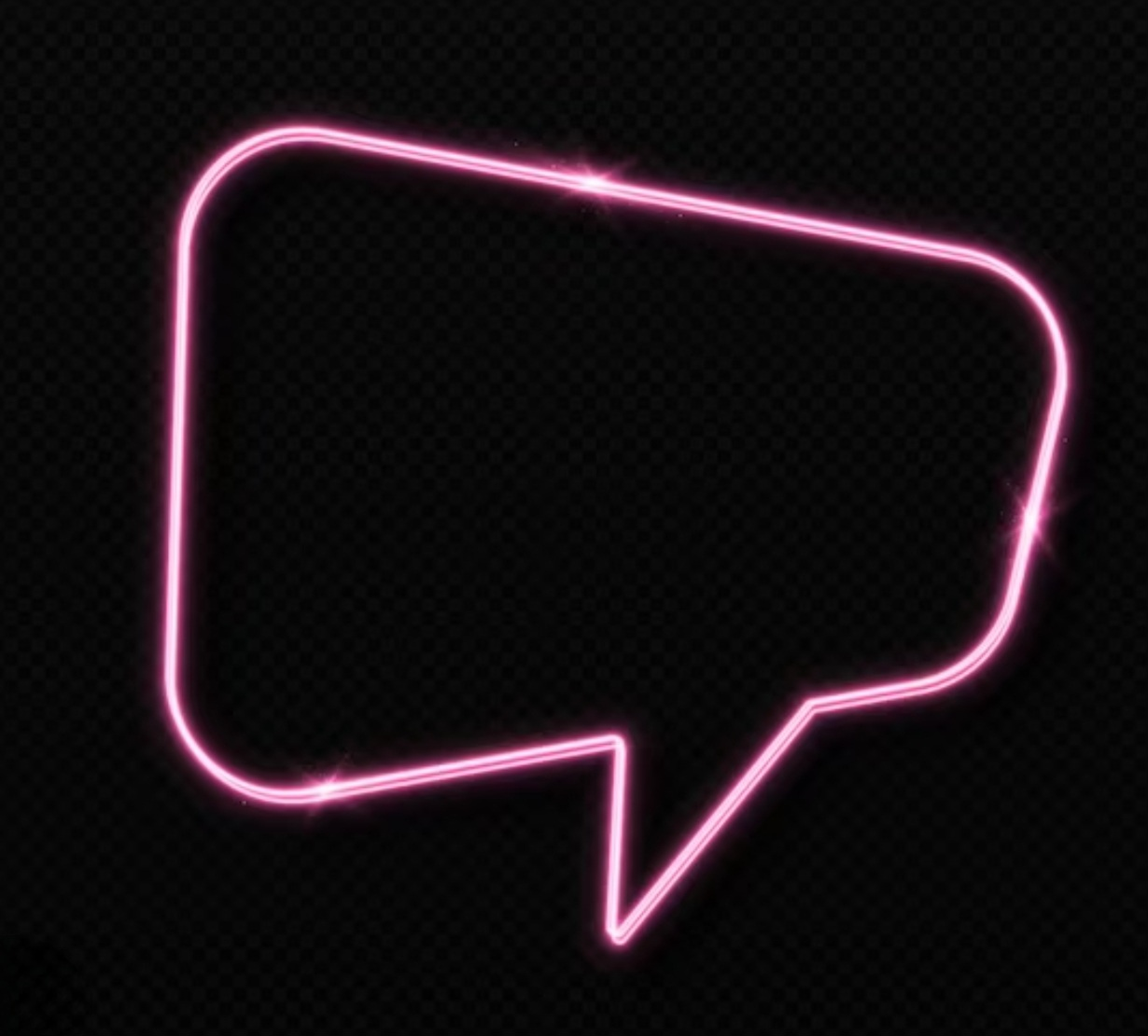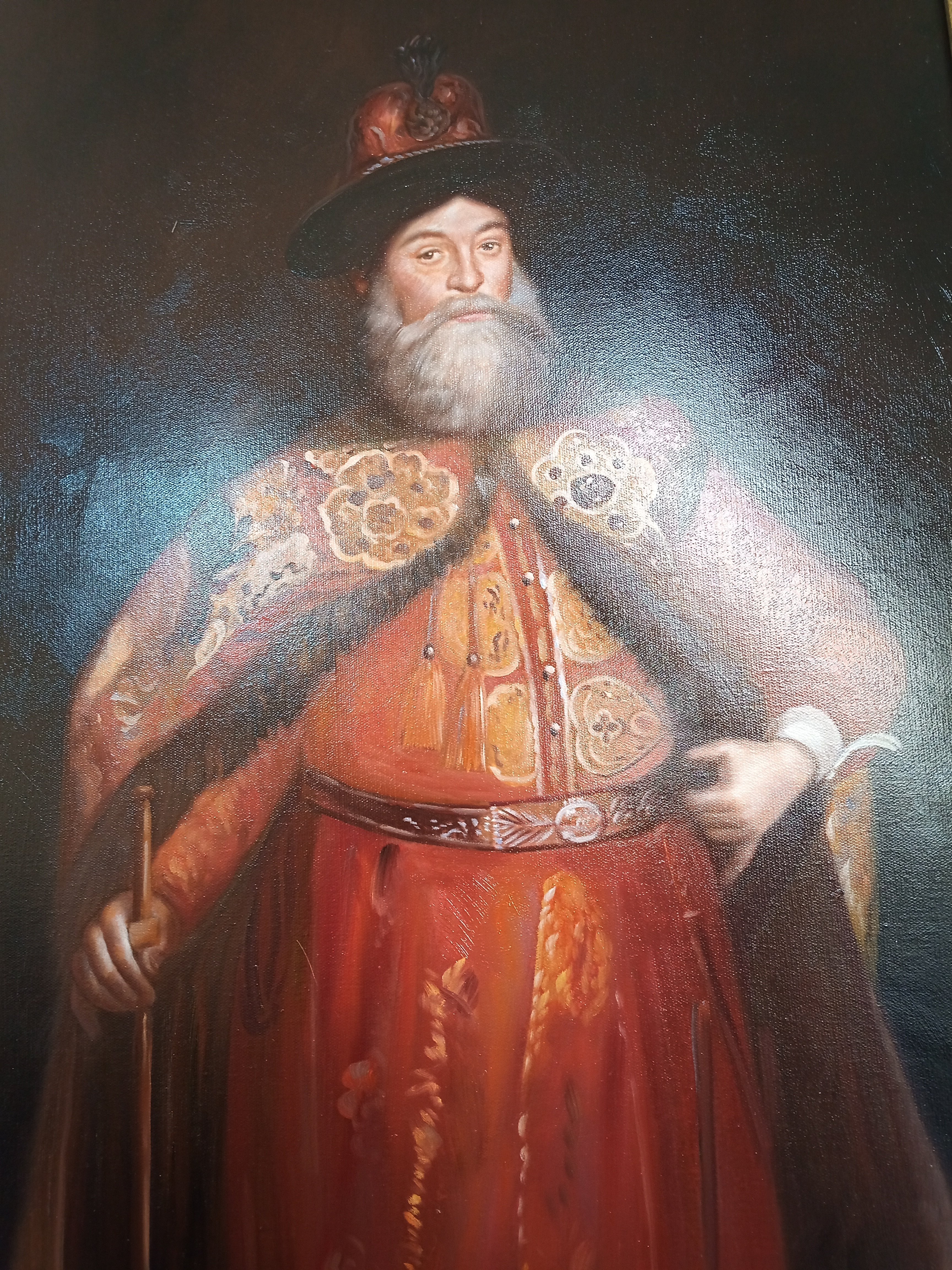I’ve noticed that I feel confident and happy with how I look in the mirror, but photos often make me feel completely different. The contrast between these two perceptions is so strange to me. Is this a common experience, or does anyone know why this happens? I’d love to hear your thoughts!
I wonder if it has to do with how much of yourself you see at one time?
Mirrors seem like they’re “close up” views where you might be more likely to focus on more localized aspects of your presentation. IOW you like your hair. Your mascara went on just right. The jacket enhances your shoulders right.
Then you take a pic that by default compresses the entire view taken down to a relatively tiny package just a few inches across. Now you see all of you, all at once, and it’s a different perspective that you interpret differently.
Dunno. Just trying out an idea.

Could be an issue of flat reflective surface vs. lens focal length.
Different angles maybe?
Great question!
I have also taken notice of my appearance when I look at myself in mirrors versus when looking at myself in pictures!
It is always exciting when you learn why that is for the first time and when you relearn!
Quick search resulted in this Huffpost article: https://web.archive.org/web/20240627033945/https://www.huffpost.com/entry/selfies-vs-the-mirror-face_n_5a4faf77e4b01e1a4b14cdf9
Reasons:
- We Expect The Mirror Image
- We Like Our Familiar Faces
- It Can Be Technical, Too
The mystery hit me when I was at home one day overanalyzing my face in the mirror and deciding that I looked good enough for a selfie. I probably took about 25 photos and I hated almost every single one. All of a sudden, my nose seemed to be 10 times more crooked than normal, and it was all I could focus on. But I still looked fine in the mirror, which left me wondering why my face didn’t quite translate into my phone.
One major factor is that photos generally show us the reverse of what we see in the mirror. When you take a photo of yourself using some (but not all) apps or the front-facing camera on an iPhone, the resulting image captures your face as others see it. The same is true for non-phone cameras.
We’re most familiar with our faces as we see them in the mirror and thus come to prefer that mirror image, according to the mere exposure theory, which states that repeatedly encountering something makes us like it more.
Different camera lenses can change the way people look in photos. For example, Perry said that if someone wanted to look slimmer, he would choose a longer lens because “the shorter the lens, the wider it’s going to make your face.”
At the end of the day, though, the way we appear in photos is the way we look to the rest of the world. And that’s not a bad thing. In fact, studies have shown that other people generally like the version of you they see, as opposed to the image of yourself you see.
That makes so much sense! Thank you!!!
You are welcome!





